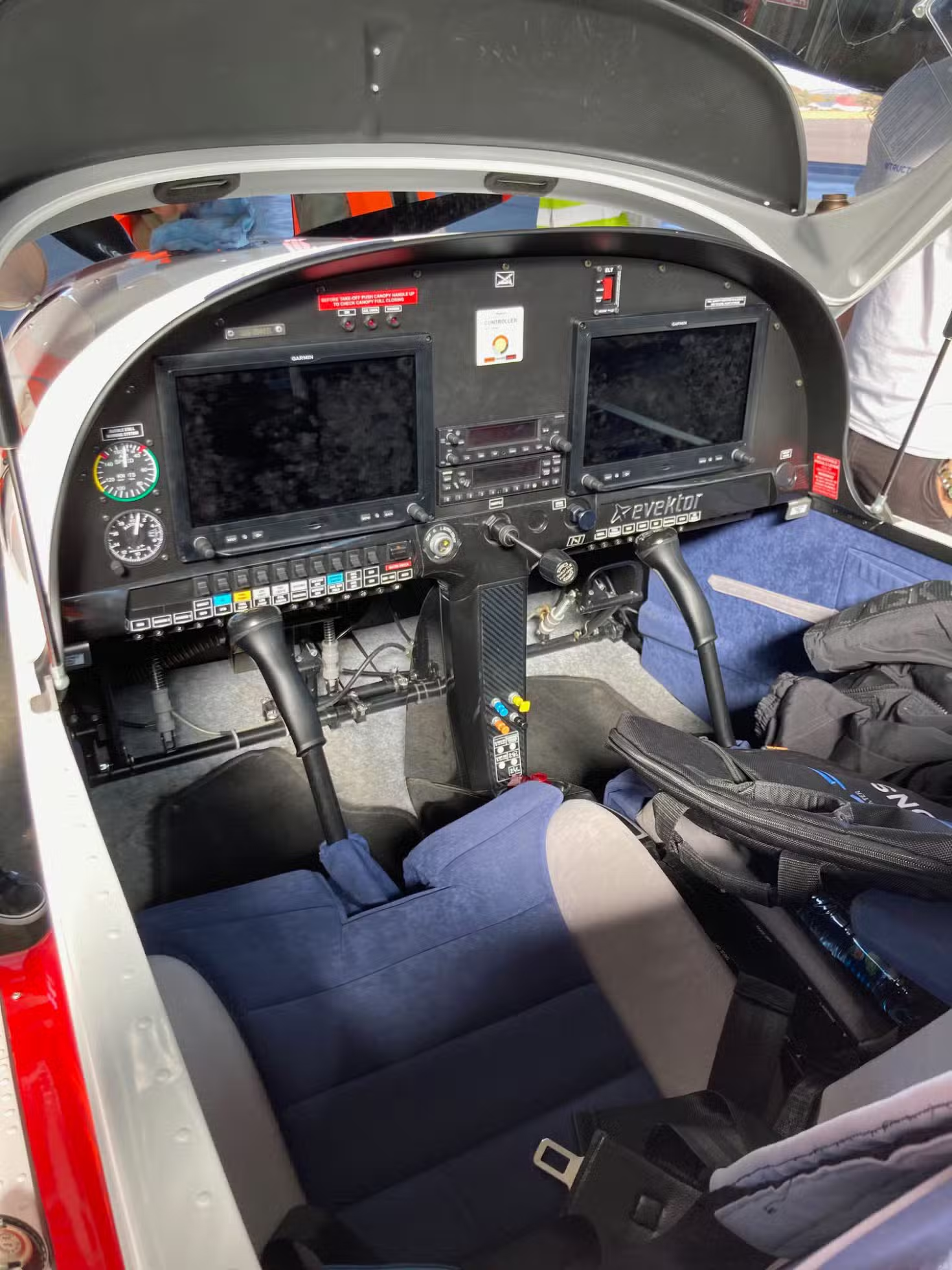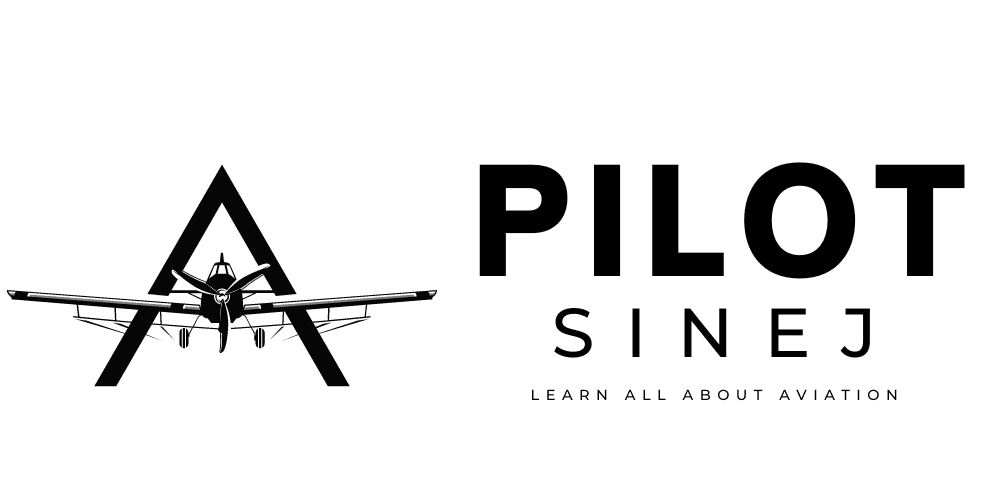Type Rating
- Validity: EASA regulations stipulate that the validity of a type rating is generally 12 months.
- Revalidation: Pilots need to complete a proficiency check within the 3 months preceding the rating’s expiration to maintain its validity. This is done in an appropriate simulator or the aircraft itself, depending on the rating and specific aircraft type.
Instrument Rating (IR)
- Validity: An IR under EASA regulations typically has a validity of 12 months.
- Revalidation: To revalidate an IR, a pilot has to successfully complete an Instrument Proficiency Check (IPC) before the rating’s expiration.
Single-Engine Piston (SEP) and Multi-Engine Piston (MEP) Class Ratings
- Validity: These ratings are valid for 24 months.
- Revalidation: Pilots can renew their rating by flying with an authorized flight instructor, fulfilling specific flight hour requirements within the 12 months preceding the rating’s expiration, or by completing a proficiency check before the rating’s expiration.

Night Rating
- Validity: Indefinite, as long as the associated SEP or MEP rating is valid.
- Revalidation: Not required as long as the associated SEP or MEP rating remains valid and the pilot complies with the respective recency requirements.
Instructor Ratings (FI, IRI, CRI, TRI, SFI)
- Validity: These ratings are valid for 36 months.
- Revalidation: An instructor must prove instructional activity and either attend a refresher seminar or successfully pass an assessment of competence during the last 12 months of the validity period.
Examiner Ratings
-
- Validity: 36 months.
- Revalidation: An examiner must prove they conducted a certain number of tests/checks and attend a standardization meeting or workshop during the last 12 months of the rating’s validity period.
It’s essential to always refer to the latest EASA regulations or consult directly with a Flight Training Organization (FTO) or competent national authority for any changes or updates to rating validity periods and renewal requirements.
Please rate this post
